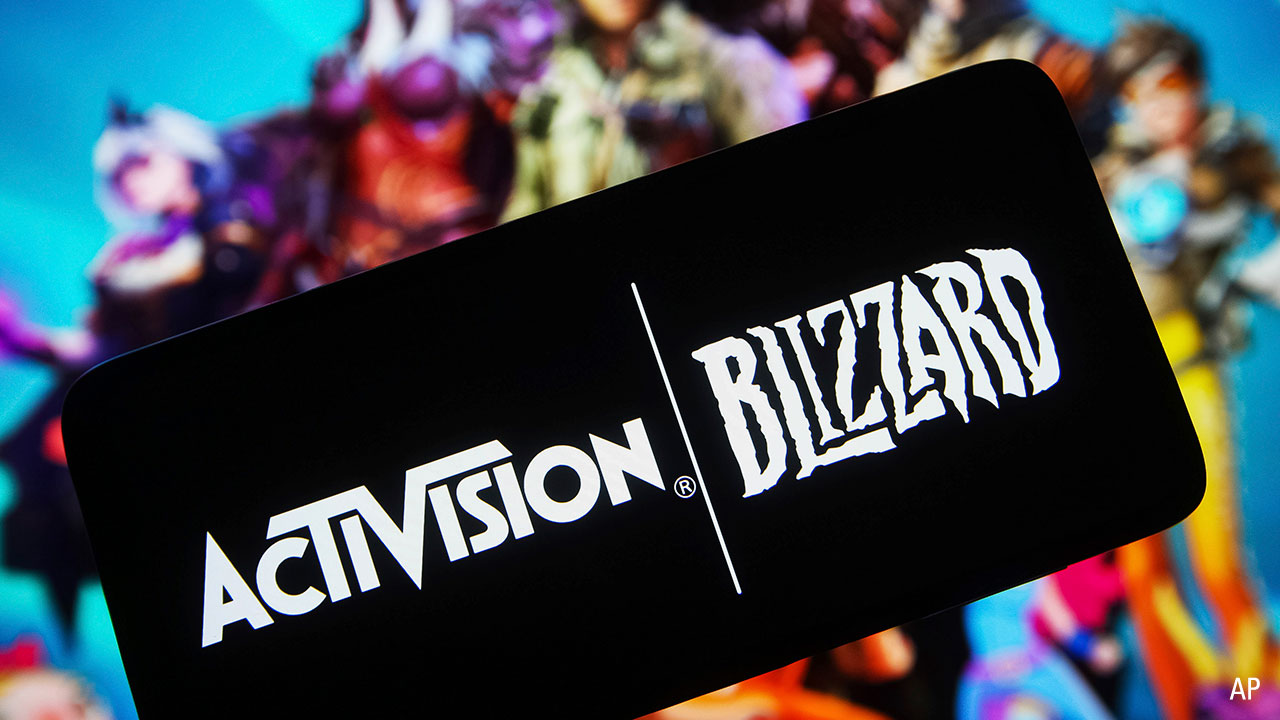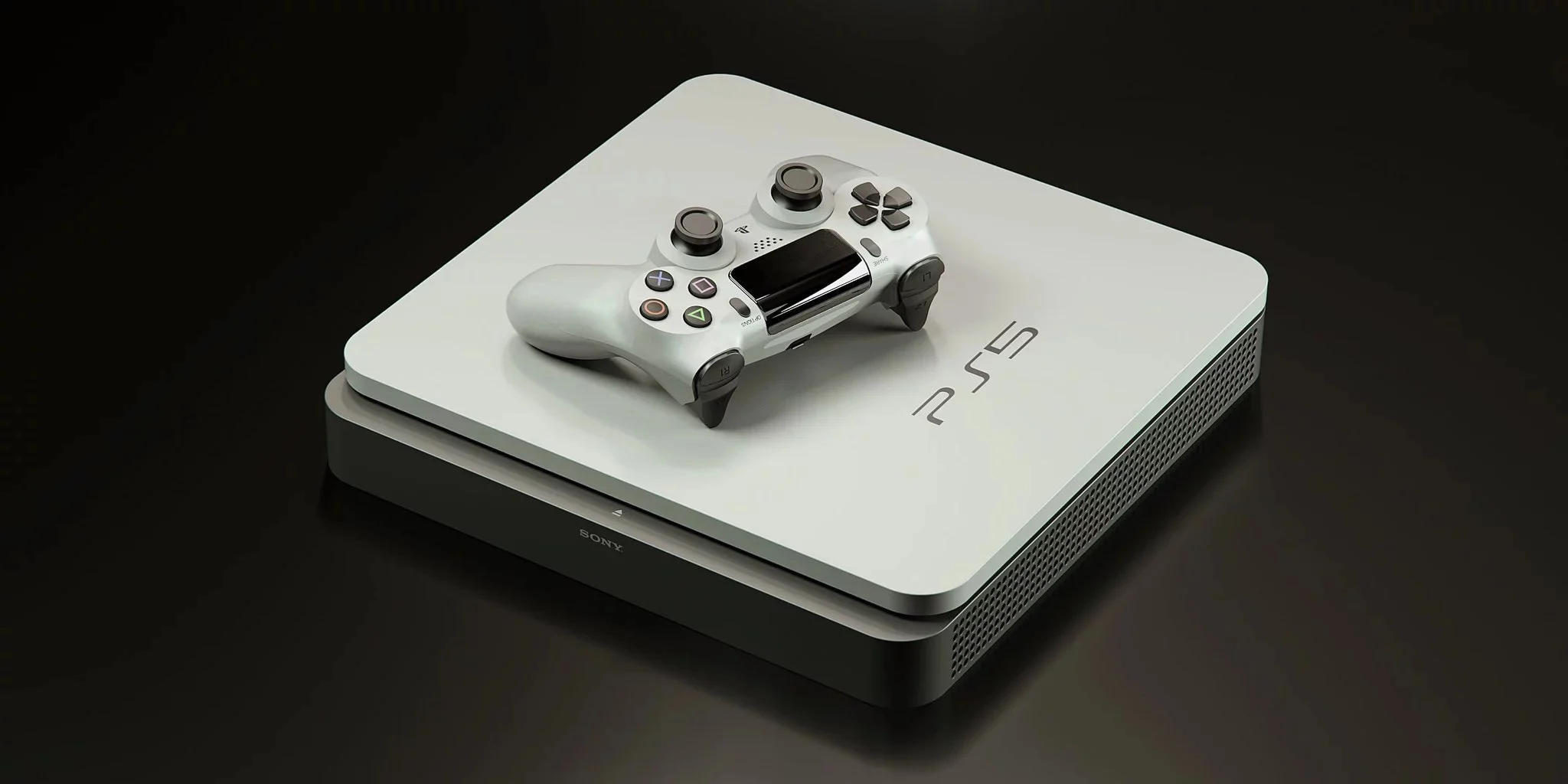
Sony Group’s fair value estimate per U.S. ADR is revised to US$110 from US$100 due to the stronger Japanese yen, while its fair value estimate per share is maintained at JPY 14,500. Based on weaker demand and the change in currency assumptions, we have updated our earnings forecasts for three consumer electronics companies, revising Panasonic Holdings' fair value estimate to JPY 1,400 from JPY 1,450, and Casio Computer’s fair value estimate to JPY 1,650 from JPY 1,800.
As indicated by the change in our fair value estimates, we believe that Casio is the most vulnerable to changes in the business environment, leading to the largest downward revision in its earnings forecast. On the other hand, Sony has been able to minimize the impact of the economic slowdown thanks to structural reforms implemented by current management. We believe that Sony is the most attractive of the three consumer electronics companies from a risk/reward perspective, although we believe that all three stocks are undervalued and have 20%-30% upside to their respective fair value estimates.
Despite the economic slowdown, Sony’s December-quarter operating income exceeded our expectations, mainly due to the electronic products and solutions segment maintaining a double-digit operating margin on the back of digital cameras and the game and network services segment improving its operating margin to 9.3% from 5.8% in the September quarter, due to the blockbuster success of God of War Ragnarok. In future, we expect Sony PlayStation 5 console shipments to improve as semiconductor supply constraints ease, driving margin expansion in the segment. We also expect solid growth in the image sensor business as demand for improved image quality in smartphone cameras remains strong. We slightly raise our forecast for Sony’s operating income for fiscal 2022 (ending March 2023) to JPY 1.19 trillion from JPY 1.17 trillion, and maintain the operating income forecast for 2023 at JPY 1.3 trillion.
We do not believe Sony has an economic moat, as a large percentage of its products have very low switching costs, even though we identify economic moats in some parts of its business. In particular, we are concerned that consumer electronic products (22% of revenue) will be exposed to fierce competition with Asian manufacturers. In other words, Sony’s business is too fragmented to ascribe an economic moat to the company as a whole.
Switching costs are critical to forming a moat for consumer electronics companies. Although Sony has improved its profitability by focusing on premium products, we think this is not enough to build up an economic moat, as the majority of consumer electronic products are matured and commoditized, making it difficult to develop switching costs.
The Uncertainty Rating is High, But Sony Has Exemplary Capital Allocation
Our Uncertainty Rating for Sony is High. While we expect the music and financial services segments will be stable, we are concerned that the electronics-related segments are vulnerable to the cyclicality of the technology industry.
As a Japanese company, Sony reports financial results in Japanese yen. Our U.S. ADR fair value estimate is based on an exchange rate of JPY 131/USD 1.
Based on our framework, our Morningstar Capital Allocation Rating for Sony Group is Exemplary.
Since the current CEO joined the management in 2013, Sony has become a much more disciplined company. In the consumer electronics business, the company has recovered its profitability by leveraging its brand power and not pursuing a higher market share. Meanwhile, in the entertainment businesses, the company focused on using its resources to acquire attractive content through acquisitions and shifted to a recurring business model, which delivers stable cash flow to the company. As a result, Sony, which had been heavily dependent on hardware sales, has become a completely different company.
In fact, Sony’s recent deals have been concentrated in the entertainment area, such as the full acquisition of The Orchard in 2015, Sony/ATV Music Publishing in 2016, EMI Music Publishing in 2018, Insomniac Games in 2020, Crunchyroll in 2020, and Awal in 2021. We believe these acquisitions have been consistent, contributing to strengthening Sony’s content generation capabilities. As a result, Sony has established itself as one of the top players of music publishing, motion pictures, recorded music, and game console businesses.
Another area in which Sony has been focusing its resources is image sensors. Sony has long kept the top market share globally for image sensors and has been investing in expanding its production capacity, improving image quality, enabling higher resolution, and entering non-IT industries such as autos. However, the image sensor is the only business in Sony’s portfolio that requires heavy capital expenditure, and the nature of the business is somewhat different from other businesses, which pursue an asset-light business model by leveraging their content and brand power. Therefore, striking a good balance between those different businesses will be a challenge for Sony in future.












.png)









